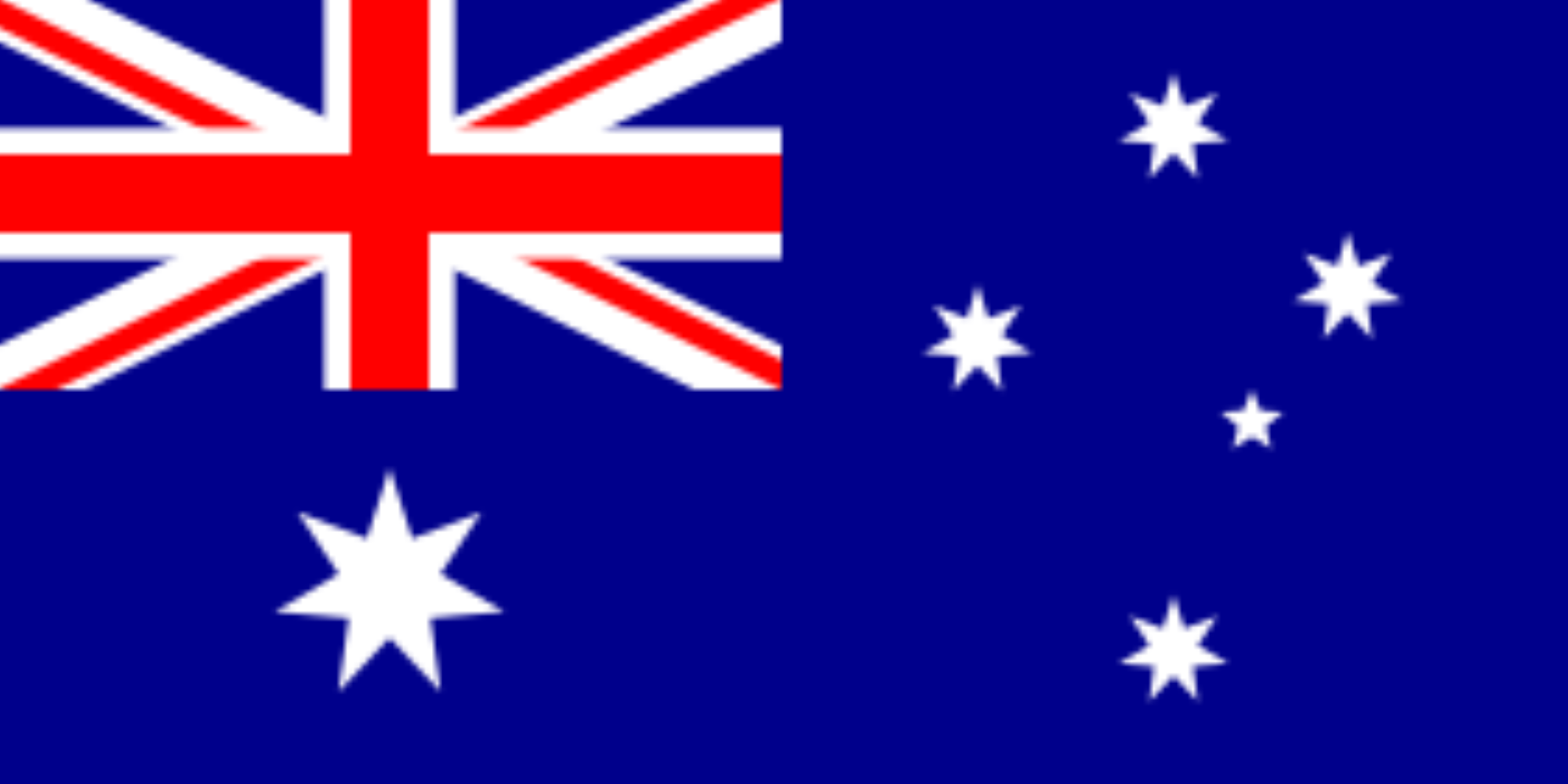
Australia (or known as the Commonwealth of Australia) is both a country and a continent located in the Southern Hemisphere, between the Pacific and Indian Oceans. It is the sixth-largest country in the world by land area and is known for its unique wildlife, diverse ecosystems, and vibrant multicultural society. The nation features a mix of natural wonders such as the Great Barrier Reef, vast deserts like the Outback, tropical rainforests, and bustling modern cities, and is home many species found nowhere else, such as kangaroos, koalas, and platypuses.
Its capital, Canberra, is located in the Australian Capital Territory, between Sydney and Melbourne. Although it is not internationally well-known compared to its neighbouring cities, Canberra plays a vital role as the political and administrative centre of Australia, known for its spacious layout, greenery, and lakes, and is home to the Parliament House, Australian War Memorial, National Gallery, and National Museum.
Western: UTC+8, Central: UTC+9.5, Eastern: UTC+10, daylight saving time: +1hr (Central and Eastern only), begins last Sunday in March; ends last Sunday in October.
While heatwaves and bushfires are overall the most common in Australia, the country is also prone to experiencing devastating floods.
If you are renting a vehicle in Australia and committed a offence, Traffic fines may be sent to your rental company, which will charge you directly, sometimes with an additional admin fee. The country takes environmental protection seriously, where fines can reach thousands. These include:
Australia even has strict COVID-19 & biosecurity laws in place. You must declare food, plant, and animal items upon arrival. Failure to do so can lead to on-the-spot fines of $266+ (~£129) or prosecution.
To visit Australia, Non-New Zealand passport holders must acquire a visa before arriving, and a different visa is required depending on the purpose and duration of the visit, such as a tourist visa or a working holiday visa. Working in the country on a tourist visa can result in the visa being cancelled and deportation, and overstaying a visa can lead to fines, detention, and future visa bans.
In Australia, vehicles drive on the left side of the road. The minimum driving age varies by state but is typically 18 years and above for tourists hiring vehicles. Always carry water, fuel, and a spare tire on long trips, especially in remote areas. Be cautious driving at dawn, dusk, and night as kangaroos and wombats are active and can cause serious accidents. And in case of emergency, dial 000 (police, ambulance, fire).
The legal limit is 0.05% for full license holders, 0.00% for learner/provisional drivers (including some tourist drivers in rental cars).
Compulsory for all passengers including driver.
Check out more of our Country Guides: